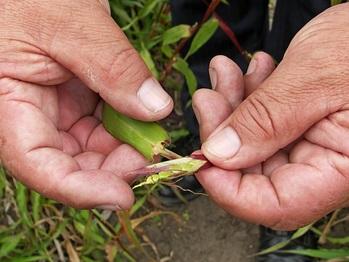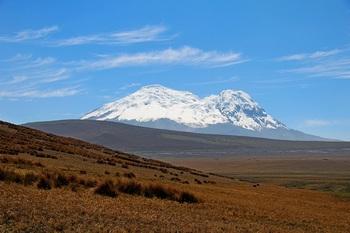Context
Although Ecuador is considered to be the most biodiverse country on earth, it has fragile ecosystems: forests, moorland, wetlands and mangroves are threatened by overuse, pollution and changes in land use. Furthermore, climate change is accelerating the loss of biological diversity (biodiversity).
Ecuador’s rich biodiversity is an important strategic cornerstone for the country’s long-term economic development, and climate change is receiving a lot of attention. The national development plan targets the sustainable and innovative use of Ecuador’s natural resources in order to improve living conditions in the country. However, few innovations are being developed in the country to harness biodiversity in a sustainable way that is resilient to climate change.
Scientific networks must be expanded and strengthened, scientific funding is not allocated on a regular basis and the disbursement and, hence, implementation of research programmes are often delayed. The performance of research institutes and universities is relatively low. Overall, the requirements for the research-based development of innovations within the areas of biodiversity and climate change are inadequate.
Objective
The requirements for the research-based development of innovations within the areas of biodiversity and climate change in Ecuador have improved.
Approach
The measure focuses on cooperation with German-Ecuadorian research cooperation projects within marine, coastal and mountain ecosystems. It comprises three fields of activity: (1) the practical application of existing research results, (2) the strengthening of academic networks and (3) the support of new demand-oriented scientific cooperation projects.

